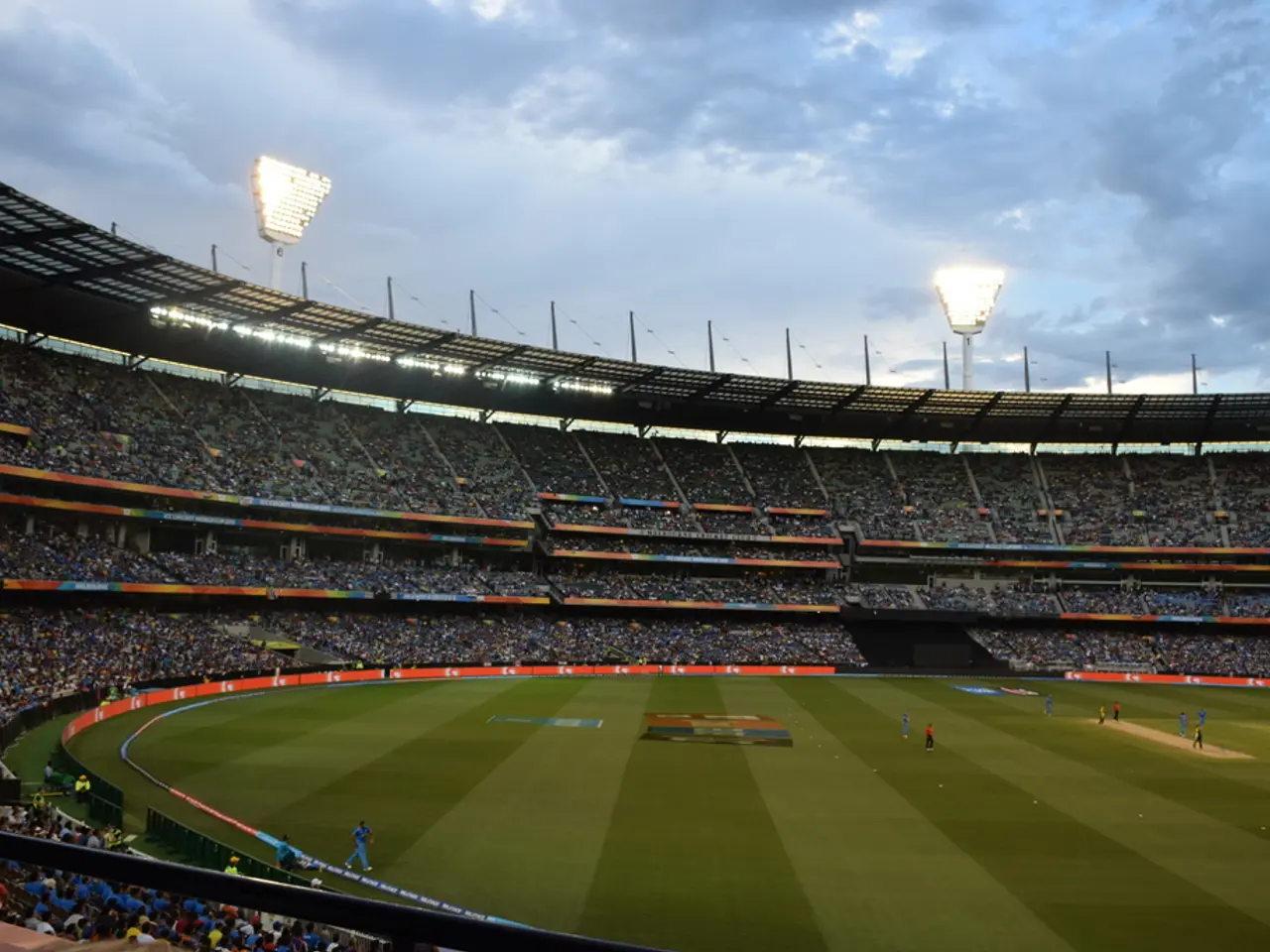High Court of Jharkhand's Bail Decision Overturned by Supreme Court, Demanding Accused to Resume Marital Relations with Spouse as Condition
The Supreme Court of India has set aside an anticipatory bail order that imposed a condition requiring an accused to resume conjugal life and maintain the dignity of his wife. This decision marks a clear separation between criminal procedural safeguards and private family law enforcement, and reinforces the notion that conditions attached to anticipatory bail must be within legal boundaries.
In a recent ruling, the Court emphasised that anticipatory bail should be considered on its own merits according to settled legal parameters, and conditions like resuming conjugal life are not supported by Section 438(2) of the Code of Criminal Procedure. Such conditions, the Court held, are inappropriate and cannot be imposed in cases under the Indian Penal Code (IPC) and Dowry Prohibition Act.
The Court's decision indicates a rejection of judicial overreach in imposing conditions that interfere with personal and matrimonial rights, even in serious cases such as those involving IPC and Dowry Prohibition Act allegations. Maintaining the dignity and honour of a spouse is important, but it cannot be made a pre-condition for anticipatory bail.
Resumption of conjugal life is a private matter typically governed by specific family law remedies like restitution of conjugal rights under the Hindu Marriage Act, which is a separate civil proceeding, and not a condition for bail in criminal cases. The Supreme Court's ruling upholds the principle that bail courts should not impose conditions beyond those provided by law and that bail orders should not infringe upon fundamental personal choices or rights without statutory backing.
The bench restored the anticipatory bail application on the file of the high court and asked it to decide it afresh on its own merits, as early as possible. Till such time the matter is decided finally by the high court, the interim protection granted to the man by the top court earlier would continue.
During the hearing before the top court, the counsel appearing for the woman said the man had jointly submitted before the high court that he was willing to resume his conjugal life. However, the bench determined that a condition such as resuming conjugal life with his wife and maintaining her with dignity and honor was not appropriate.
The man is an accused in a case registered under various sections of the Indian Penal Code and the Dowry Prohibition Act, 1961. The Supreme Court bench noted that the court ought to have assessed the discretionary relief for pre-arrest bail within settled parameters.
The order was passed on a plea challenging a February 2025 order of the high court that granted the man pre-arrest bail under the condition that he resumes conjugal life with his wife and maintains her with dignity and honor. The Supreme Court did not find the woman's insistence for the imposition of a further condition to which the man had agreed.
In its earlier interim direction, the top court had said the man be not arrested in connection with the case subject to his joining investigation as and when called upon to do so by the investigating officer. An application for cancellation of bail on the ground that such condition has not been complied with, if filed later, is bound to meet opposition from the man. The bench stated that imposing a condition that the man would maintain his wife with dignity and honor is beset with risk and can generate further litigation.
The Supreme Court has set aside an order of the Jharkhand High Court that granted anticipatory bail to a man. The Court's ruling reinforces the notion that conditions attached to anticipatory bail must be within legal boundaries and consistent with the objective of protecting individual liberty, rather than enforcing conjugal or moral obligations, even in cases related to dowry or IPC offences.
In light of the Supreme Court's ruling, it is clear that the Indian judicial system negative-news staunchly opposes imposing conditions, such as resuming conjugal life, on individuals seeking anticipatory bail, even in cases related to the Indian Penal Code (IPC) and the Dowry Prohibition Act. This decision underscores the importance of upholding individual rights and liberties, thus avoiding overlap between politics and personal matters, including crime and justice, and general-news items that delve into family law enforcement.







